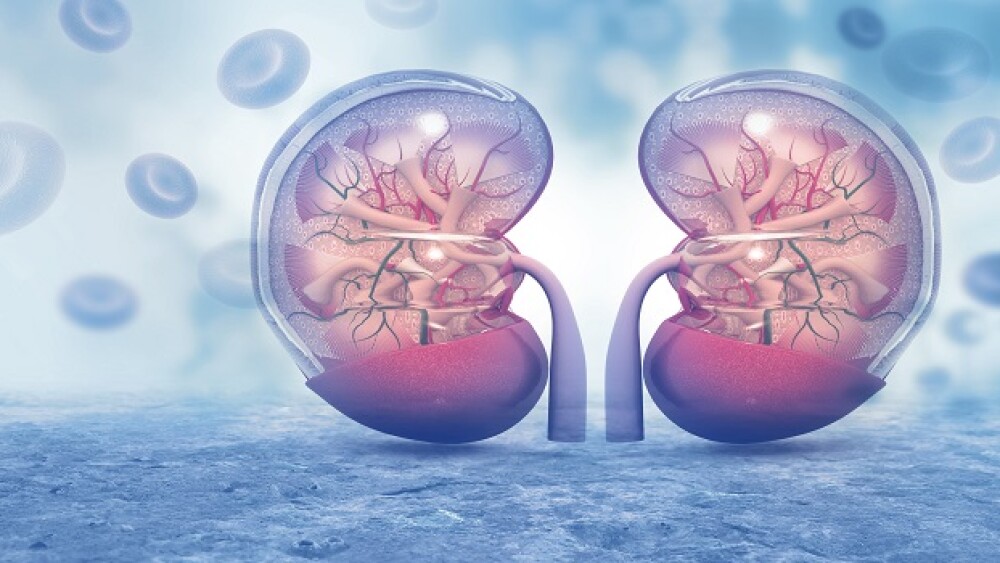A new study shows a cancer therapy drug may reverse the effects of lupus nephritis in patients with systemic lupus erythematosus (SLE, or lupus), an autoimmune disease.
A new study shows a cancer therapy drug may reverse the effects of lupus nephritis in patients with systemic lupus erythematosus (SLE, or lupus), an autoimmune disease. The Yale-led study, published in the journal Science Traditional Medicine, reveals that a hypoxia-inducible factor-1 (HIF-1) inhibitor drug used in clinical trials for cancer treatments shows the potential to reverse kidney damage caused by the disease.
Lupus nephritis is a condition that causes inflammation of the kidneys and is a common complication of lupus. The patient’s T cells penetrate kidney tissue and trigger a decrease in oxygen. This can eventually lead to tissue damage and, in some circumstances, end-stage kidney disease. In adults with lupus, one-third have lupus nephritis at diagnosis, while three out of five will develop it over time.
“Kidney damage affects about half of the patients with lupus, sometimes leading to renal failure with a requirement for dialysis or transplantation,” said Joe Craft, the Paul B. Beeson Professor of Medicine (rheumatology) and professor of immunobiology. “Finding what causes that damage is extremely important.”
Researchers found that T cells involved in lupus show the factor HIF-1, which is regulated by oxygen levels in the kidney. When HIF-1 is activated, it tells the T cells to attach tissues, causing more kidney damage by lowering tissue oxygen levels. By blocking HIF-1, researchers theorized they could prevent oxygen depletion and damage to the kidney tissue.
In trials with mice, they found using a drug to inhibit HIF-01 slowed the process of the nephritis and reversed the damage to the kidney. The HIF-01 inhibiting drug is currently in clinical trials as a cancer treatment in humans. They also found that the same HIF-1 regulated damage is present in biopsy samples of lupus patients with lupus nephritis.
“The findings suggest this therapy might be beneficial in lupus nephritis,” Craft said. “Since this drug and others that block HIF-1 function have been used in humans with cancer, they could be used for treatment of patients with lupus.”
Investigations were conducted by Craft, as well as lead author of the study, Ping-Min Chen, a postdoctoral researcher at Harvard Medical School.
There is no cure or known cause of lupus, and an estimated 1.5 million people in the United States are living with the disease.





